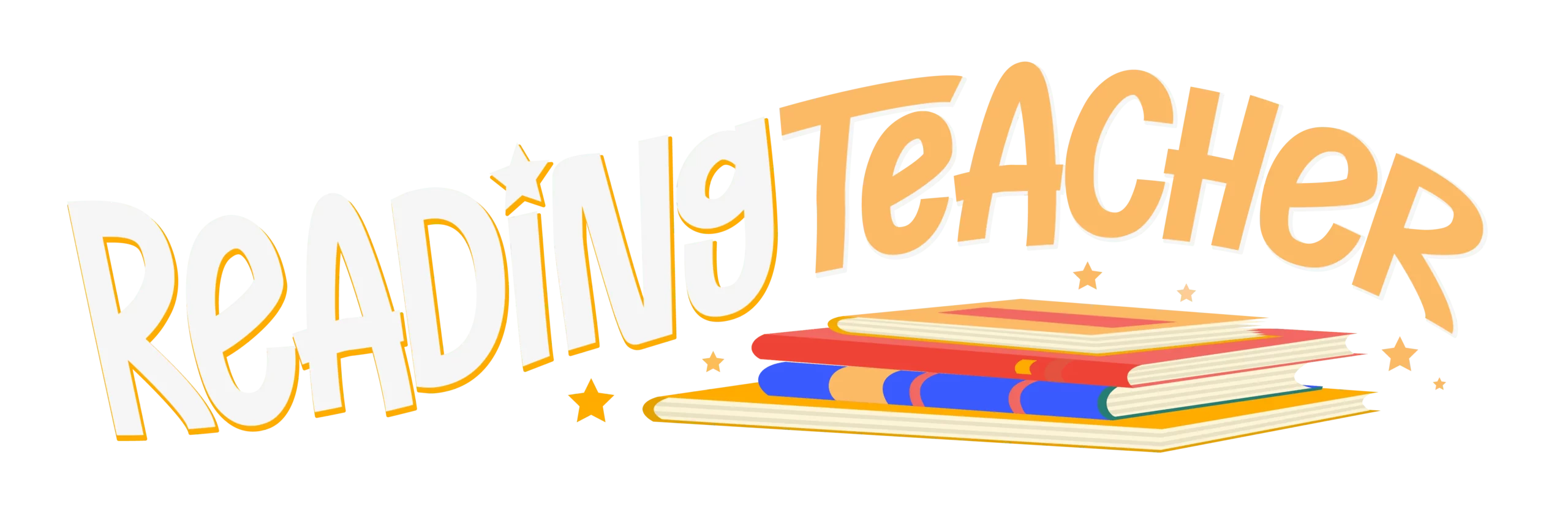The “P-Word”: The Role of Phonics in Today’s Reading Wars
It’s 2022, and the so-called “reading war” between proponents of phonics and advocates of the whole-language approach rages on. Despite phonics being one of the best-evidenced elements of the science of reading, research on phonics in early literacy has sparked a tide of backlash in recent months. This week, we take the pulse on the current status of the reading wars, gathering insights from both professional educators and researchers.

Phonics vs. Whole Language
The wider public debate about reading education tends to adopt an “either/or” stance between phonics or some other approach; yet researchers argue that in most cases, a mixture of different approaches - still with a strong emphasis on phonics - is ideal for reading education. In January, a research paper from the UCL Institute of Education (IoE) attempted to provide nuance to the reading wars: while phonics remains an essential component of early reading, the researchers argue that there are many other factors that shape literacy. They questioned the prominence of systematic synthetic phonics (SSP) in England, a widespread early reading program in the UK that uses highly regimented screening tools to teach phonics. Ultimately, the researchers assert that in 2022, “nobody is seriously advocating for whole language alone,” underwriting the need for a more nuanced approach to early reading.
While teachers largely believe in the power of phonics, they’re less likely to advocate for the strict and regimented SSP approach. Says one teacher: "I think, broadly, all teachers understand that SSP is a way into early reading and has an important role to play but, in my experience (and I know there is fierce opposition to this), the use of SSP as the foremost strategy is what they are opposed to," she says. The same teacher also noted the unpopularity of government-imposed “reading schemes” and phonics screenings in all elementary classrooms. Such uniformity in early reading curricula is especially problematic for students with learning disabilities and/or those who speak English as a second language: because these students tend to naturally rely more on context, SSP alone may not meet their needs.

Says Rastle, one of the contributors to a foundational 2018 research paper on the reading wars: the best way to support all early readers is to “move the conversation on.” This conversation is continually getting pulled back to phonics, which we already recognize as an essential part of literacy based on the science of reading. We also recognize that reading is a make-or-break skill that influences other subjects and important life milestones. Instead, Rastle encourages educators to focus on the hard stuff: reading comprehension, fluency, and encouraging kids to explore and enjoy independent reading.
How do we move the conversation forward?
- Recognize the nuance of the reading war, and reframe it as an ongoing conversation between the people most passionate about teaching reading.
- Avoid more prescriptive policies for teaching reading that reduce teacher autonomy, such as the strict phonics screening check in the UK.
- Enhance teachers’ understanding of science behind early literacy curricula with more training on the science of reading
As reading teachers, it’s essential to focus on the common ground, remembering that people invested in this conversation largely have students’ best interests in mind. Phonics is just the beginning of a student’s lifelong commitment to reading, discovering, and critically engaging with the world around them.

Take-Aways:
- Although the effectiveness of phonics is largely supported by the science of reading, educational leaders continue to debate how, and to what extent, phonics should be used in early literacy classrooms.
- The so-called “reading wars” tend to shift focus away from the most important components of lifelong literacy: reading comprehension, fluency, reading for pleasure, and providing adequate support for English Language Learners and students with learning disabilities.
- To establish common ground, researchers call upon educators and legislators to recognize the nuance of this ongoing debate, avoid prescriptive literacy curricula, and prioritize teacher training on the science of reading.
Start Teaching Reading for Free Now!
Access Level 1’s four interactive stories and the accompanying supplemental resources to teach elementary students how to read. No credit card is needed. Join the 42,635 teachers and students using our reading program.
